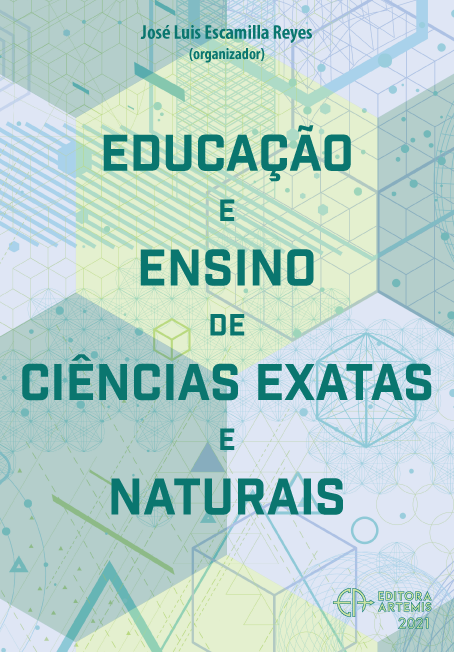
POLIEDROS QUE VUELAN
El respeto que las personas tienen por sus tradiciones y costumbres, son elementos que el proyecto educativo de cualquier país no puede soslayar, dado que ahí podemos basar las propuestas metodológicas tendientes a elevar la calidad de la educación. Retomando de estas tradiciones y costumbres, las actividades de juegos recreativos, la presente ponencia tiene como objetivo, destacar las posibilidades que tenemos los docentes, de utilizar como un recurso didáctico las diversas expresiones culturales lúdicas de nuestros antepasados. La importancia de retomar estas actividades, recae en que el ser humano por naturaleza tiene por ellas un gusto innato, lo cual nos permite lograr el conocimiento en nuestros alumnos a través de actividades de su interés y cuya efectividad está comprobada por el mejor de los jueces, el tiempo. En México la cantidad de juegos tradicionales son muchos y muy diversos, estos dependen de las regiones en las que se asientan los diferentes grupos étnicos que conforman el mosaico cultural de nuestro país. La elaboración de un GLOBO AEROSTÁTICO, es un juego tradicional en la región de Los Tuxtlas en Veracruz, y consiste en elaborar un globo aerostático con figuras geométricas hechas de papel china, y en el trazo, recorte y pegado de las piezas de papel china, es donde se da el momento didáctico para tratar contenidos matemáticos, los cuales se abordan como una necesidad prioritaria para lograr que el objetivo se alcance: Elaborar un globo aerostático para luego ser elevado. La necesidad (de trazar correctamente la pieza geométrica) y el interés (por ver volar el globo aerostático) son elementos importantísimos que hacen que el aprendizaje de los contenidos matemáticas, sea significativo y por consecuencia duradero y útil.
POLIEDROS QUE VUELAN
-
DOI: 10.37572/EdArt_1712214919
-
Palavras-chave: Matemáticas, Aprendizaje, Didáctico, Lúdico, Interesante, Significativo.
-
Keywords: Mathematics. Learning. Didactic. Meaningful. Ludic. Interesting.
-
Abstract:
The respect that people have for their traditions and customs are elements that the educational project of any country cannot ignore, since there we can base methodological proposals aimed at raising the quality of education. Taking up these traditions and customs, the recreational game activities, this presentation aims to highlight the possibilities that teachers have, to use the various cultural expressions of our ancestors as a didactic resource. The importance of resuming these activities lies in the fact that the human being by nature has an innate taste for them, which allows us to achieve knowledge in our students through activities of their interest and whose effectiveness is proven by the best of the judges, time. In Mexico the number of traditional games is many and very diverse, they depend on the regions in which the different ethnic groups that make up the cultural mosaic of our country settle. The elaboration of an AEROSTATIC BALLOON, is a traditional game in the region of Los Tuxtlas in Veracruz, and consists of elaborating a hot air balloon with geometric figures made of Chinese paper, and in the tracing, cutting and gluing of the pieces of Chinese paper, it is where the didactic moment occurs to deal with mathematical contents, which are addressed as a priority need to achieve the objective is achieved: Make a hot air balloon and then be raised. The need (to correctly trace the geometric piece) and interest (to see the hot air balloon fly) are very important elements that make learning mathematical content significant and consequently lasting and useful.
-
Número de páginas: 10
- ROBERTO ANTONIO SALVADOR

